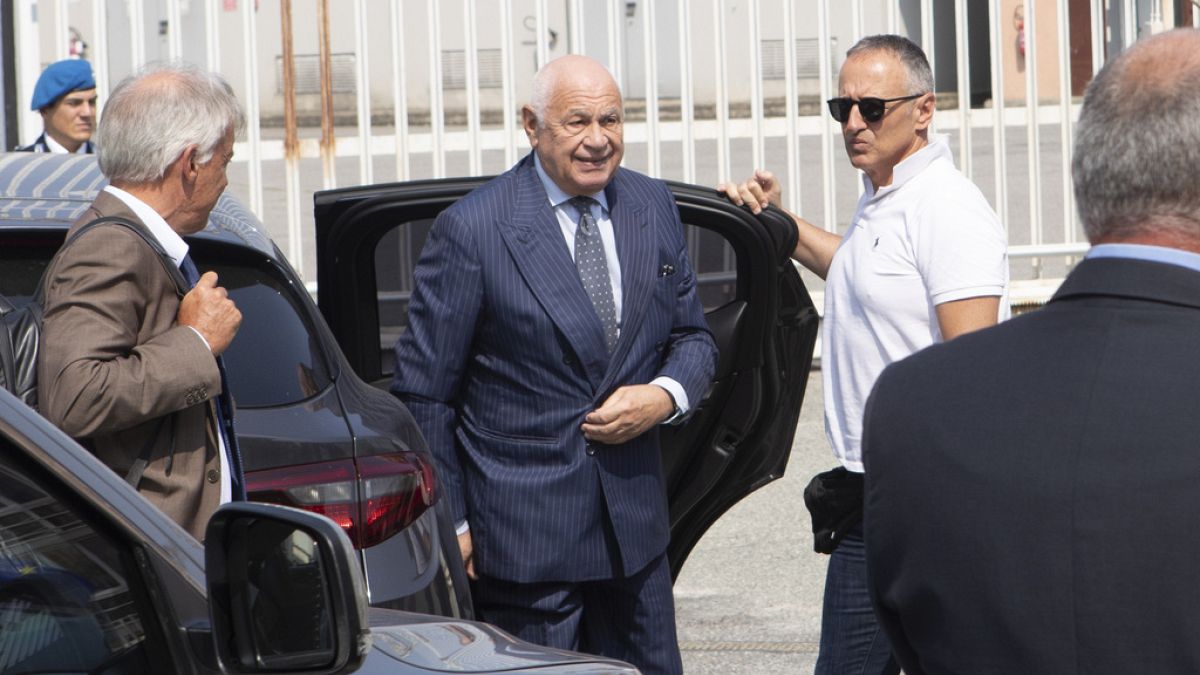UK think tank calls for ‘class ceiling’ to be broken in the arts

UK think tank the Fabian Society calls for a “universal library card” and a “culture pass” for children in the UK, in order to democratise the arts and break the “class ceiling”.
Influential UK think tank the Fabian Society is calling for children to spend at least 10% of their school week on arts activities, and that arts, culture and heritage must be placed at the heart of the Labour government’s project of national renewal.
The new report by Britain’s oldest political thinktank titled “Arts For Us All” calls for Keir Starmer’s government to reverse the decline in arts provision within the UK’s state education system and to remove the “class ceiling” by democratising access to the arts in schools.
This includes the introduction of a “universal library card”; giving children a “culture pass” to access arts and heritage institutions; and ensuring every child can learn an artistic practice such as painting or playing an instrument.
A section of the new report, “Arts and Culture in Schools”, puts forward a guarantee called “11 by 11”. This involves 11 arts and cultural experiences that every child should enjoy by the time they are 11 – something which would remove the “class ceiling” preventing many children from poorer backgrounds from participating in the arts.
Alison Cole, the director of the think tank’s Arts and Creative Industries Policy Unit, said Labour had the chance to rebuild the cultural sector.
“By embedding creativity in the school curriculum; making the arts part of everyone’s daily experiences; firing up our world-leading creative industries; and investing in creativity and technology hand in hand, we can harness the arts as powerful engines of change, inspiration and future growth,” said Cole.
The Fabian Society highlights that the creative industries are worth £126bn (€149bn) to the UK economy, and have called for a comprehensive review of arts funding. This covers funding bodies such as Arts Council England, the National Lottery and the National Endowment for Science, Technology and the Arts (NESTA), and how they could “unlock new coalitions and approaches.”
The society proposes a redeployment of funding with a temporary adjustment of the allocation to Arts and Heritage by 5%. Currently, 20% of National Lottery funding is spent on the arts and 20% is spent on heritage. Under the new proposals, both would receive a 2.5% boost to address the major problems regarding the sustainability of cultural and heritage sites.
Regarding the topic of class, culture secretary Lisa Nandy recently told the Royal Television Society in London that the entertainment industry is “one of the most centralised and exclusive industries” in the UK.
“8% – the proportion of working class people in TV; 23% – the proportion of commissions made by companies based outside of London; 30% – the fall in trust in media over the last decade,” stated Nandy. “None of this is inevitable.”
A government spokesperson said: “We are determined to ensure that arts and culture are no longer the preserve of a privileged few. We are carefully considering how we fund arts and heritage organisations in this country and unlock more creative opportunities. We have launched a review of the school curriculum to ensure all children and young people benefit from creative subjects such as music, art and drama.”
The chancellor of the exchequer, Rachel Reeves, will deliver the autumn budget on 30 October.
World News || Latest News || U.S. News
Source link



